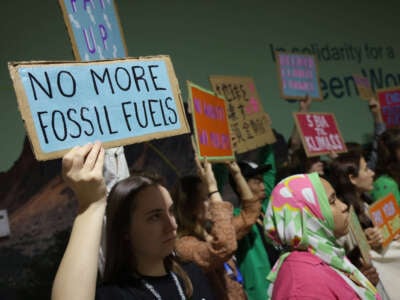Thousands rally in Romania in support of pro-European presidential candidate
Thousands of Romanians gathered at University Square in central Bucharest on Thursday night to show their support for European values ahead of an election that polls say could see a radical far-right isolationist, who has been sympathetic to Russia, take power.
Issued on: 06/12/2024
By: NEWS WIRES

Several thousand rallied in Romania on Thursday in support of a pro-European presidential candidate a few days before key elections, fearing their democratic rights were under threat.
Around 3,000 gathered at University Square in the capital Bucharest, waving European Union flags and chanting "Freedom" and "Europe".
In the first-round on November 24, far right outsider Calin Georgescu, a past admirer of Russian President Vladimir Putin, took the most votes, sparking fears about the future of the EU and NATO member and triggering protests especially among young people.
Georgescu is to face Elena Lasconi, the leader of the centrist, pro-EU USR party, in a run-off on Sunday.
"I fear that democracy is going to disappear in this country and this is what I don't want," said Liliana Rotaru, who works in the banking sector.
"I trust my people and hope that they will choose wisely and vote for the European Union and NATO," the 50-year-old added. "So that means for Mrs Lasconi."
Another protester, Radu Bourceanu, who works in human resources, said the protesters gathered to show "we are pro European" but said it was hard to predict the outcome of Sunday's vote "because, we have a mass manipulation through diverse, social media apps."
Romanian authorities have pointed to "massive" social media promotion, "manipulated" influencers and cyberattacks as they declassified documents detailing allegations against Georgescu and Russia.
"I'm really anxious, and I do really hope that democracy will win and the Russian influence will not prevail in Romanian elections," said Laura Boncu, 33.
"I don't know how our future will look if the Russian candidate, the pro-Russian candidate, will win," she said.
"I'm here to show that Romania is still a democracy, and we're fighting and we're showing up to be able to live tomorrow in a democracy."
Georgescu has in recent days avoided answering questions about his previous praise for Putin and his "Russian wisdom".
A critic of the EU and NATO, he says he does not want to leave either grouping but wants to put Romania "on the world map".
(AFP)
Romania's top court annuls presidential
vote amid Russia interference fears
Romania's top court annulled the result of the first round of the country's presidential election on Friday, adding that the entire election process would have to be rerun. The decision came after security services warned the vote had been distorted by a massive Russian influence campaign in favour of far-right candidate Calin Georgescu.
Issued on: 06/12/2024 -
By: NEWS WIRES
A top Romanian court on Friday annulled the first round of the country's presidential election, days after allegations that Russia ran a coordinated online campaign to promote the far-right outsider who won the first round.
The Constitutional Court’s unprecedented decision — which is final — came after President Klaus Iohannis declassified intelligence on Wednesday that alleged Russia ran a sprawling campaign comprising thousands of social media accounts to promote Calin Georgescu across platforms like TikTok and Telegram.
The intelligence files were from the Romanian Intelligence Service, the Foreign Intelligence Service, the Special Telecommunication Service and the Ministry of Internal Affairs.
Despite being a huge outsider who declared zero campaign spending, Georgescu emerged as the frontrunner on Nov. 24. He was due to face reformist Elena Lasconi of the Save Romania Union party in a runoff on Sunday.
A new date will now be set to rerun the first round.
Lasconi strongly condemned the court's decision, saying it was “illegal, immoral, and crushes the very essence of democracy.”
“We should have moved forward with the vote. We should have respected the will of the Romanian people. Whether we like it or not, from a legal and legitimate standpoint, 9 million Romanian citizens, both in the country and the diaspora, expressed their preference for a particular candidate through their votes. We cannot ignore their will!" she said.
"I know I would have won. And I will win because the Romanian people know I will fight for them, that I will unite them for a better Romania. I will defend our democracy. I will not give up.”
She said the issue of Russian interference should have been tackled after the election was completed.
Prime Minister Marcel Ciolacu said in a statement the annulment was “the only correct solution” following the intelligence drop which revealed the “Romanian people’s vote was flagrantly distorted as a result of Russian interference.”
“The presidential elections must be held again,” he said in a post on Facebook. “At the same time, investigations by the authorities must uncover who is responsible for the massive attempt to influence the outcome of the presidential election.”
The same court last week ordered a recount of the first-round votes, which added to the myriad controversies that have engulfed a chaotic election cycle.
Cristian Andrei, a political consultant based in Bucharest, said the court's decision amounts to a “crisis mode situation for the Romanian democracy.”
“In light of the information about the external interference, the massive interference in elections, I think this was not normal but predictable, because it’s not normal times at all, Romania is an uncharted territory,” he told The Associated Press. “The problem is here, do we have the institutions to manage such an interference in the future?”
Thirteen candidates ran in the first round presidential vote in the European Union and NATO member country. The president serves a five-year term and has significant decision-making powers in areas such as national security, foreign policy and judicial appointments.
Georgescu's surprising success left many political observers wondering how most local surveys were so far off, putting him behind at least five other candidates before the vote.
Many observers attributed his success to his TikTok account, which now has 5.8 million likes and 531,000 followers. But some experts suspect Georgescu’s online following was artificially inflated while Romania’s top security body alleged he was given preferential treatment by TikTok over other candidates.
In the intelligence release, the secret services alleged that one TikTok user paid more $381,000 (361,000 euros) to other users to promote Georgescu content. Intelligence authorities said information they obtained “revealed an aggressive promotion campaign” to increase and accelerate his popularity.
Asked by the AP in a interview Wednesday whether he believes the Chinese-owned TikTok poses a threat to democracy, Georgescu said: “The most important existing function for promoting free speech and freedom of expression is social media.”
(AP)
EU demands 'urgent' answers from TikTok about possible foreign interference in Romanian election
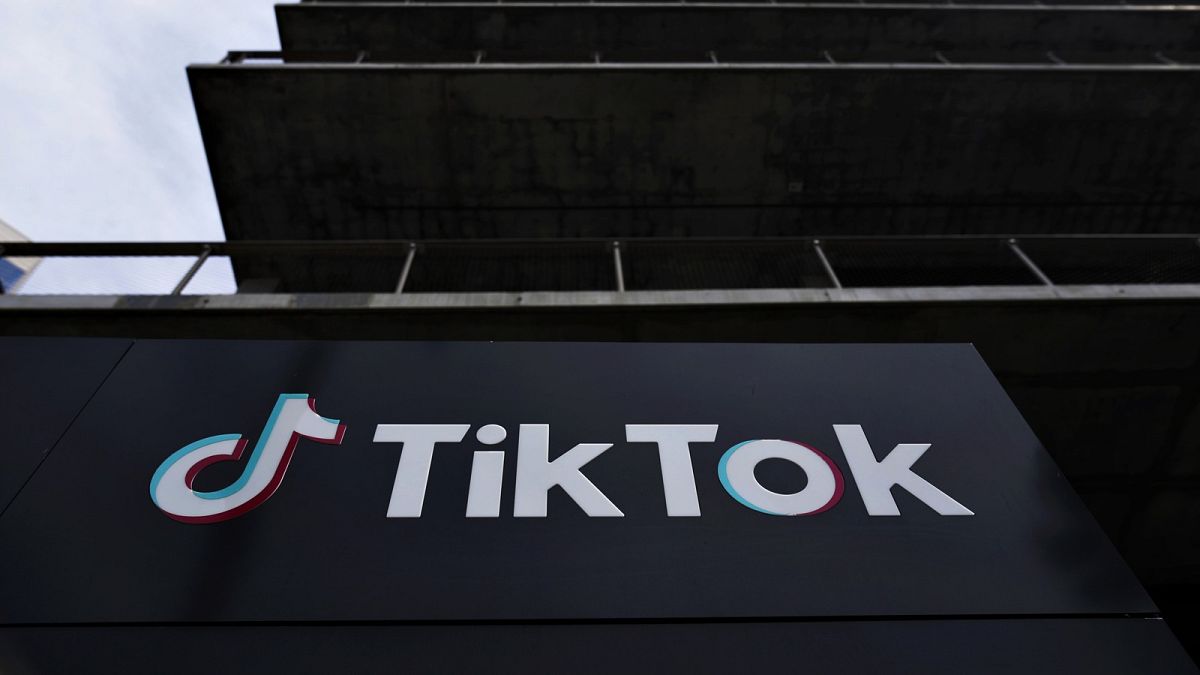
A series of declassified documents suggest TikTok was exploited by a "state actor" to influence the outcome of Romania's presidential election.
The European Commission has sent TikTok an "urgent" request for information demanding more answers about the platform's increasingly controversial role in the first round of Romania's presidential elections, which saw the sudden victory of Călin Georgescu and fuelled serious concerns of foreign interference.
Georgescu, an independent candidate who has embraced Eurosceptic, Russian-friendly, ultra-nationalist and pseudo-scientific views, will face off Elena Lasconi, a pro-European liberal, in the second round scheduled for this Sunday.
"We are concerned about mounting indications of coordinated foreign online influence operation targeting ongoing Romanian elections, especially on TikTok," said Henna Virkkunen, the Commisison's executive vice-president in charge of digital policy.
The request, released on Friday, is based on the Digital Services Act (DSA) and comes with a deadline of 24 hours. It marks the second request for information sent to TikTok in the context of the Romanian elections after the first one sent last week.
Brussels wants the company to clarify the revelations contained in the intelligence documents that Romanian President Klaus Iohannis declassified on Wednesay, which strongly suggested Georgescu's abrupt rise had not been "a natural outcome" but the result of artificially coordinated action to manipulate and exploit TikTok's algorithm.
The campaign was likely orchestrated by a "state actor," the documents said. Although Russia is not mentioned as the culprit, the agencies detected similarities between an online campaign in Romania and a previous one that Moscow had conducted in Ukraine.
According to the Romanian Intelligence Service (SRI), a previously hidden network, mainly operating on TikTok, which had been largely dormant since its creation in 2016, became very active in the two weeks before the first round of the elections. The network's operators, recruited and coordinated through a channel on the messaging platform Telegram, used methods typical of a state actor's "mode of operation."
The SRI also reported that nearly one million euros were spent in the campaign by an individual supporting Georgescu's candidacy, with up to €950 paid for a repost. TikTok itself admitted to receiving €362,500 from this person last week, the documents showed.
The declassification sent shockwaves through Romania and beyond, stoking fears the Eastern European country had fallen victim to foreign interference.
"TikTok needs to set up resources to counter information operations ahead of the election weekend coming up," a Commission spokesperson said.
TikTok under scrutiny
The request for information follows the "retention order" that Brussels announced on Thursday, which compels TikTok to "freeze and preserve" all internal documents and information, including its system of recommendations and the monetised promotion of political content, related to electoral risks across the bloc.
The order will apply from 24 November 2024 until 31 March 2025 and cover upcoming elections in Romania, Croatia, Austria, Greece and Germany.
The data retained by the order could help the Commission open a formal investigation into TikTok's role in the Romanian race. The probe, which would represent the next stage of the request for information, has not yet been announced.
TikTok did not reply to questions emailed by Euronews.
On Tuesday, representatives of the company faced a grilling in the European Parliament during which they sought to defend TikTok's actions in Romania. The executives said the platform had taken down several networks aimed at meddling in the elections, including one with 1,781 followers that supported Georgescu.
MEPs left the meeting visibly dissatisfied, complaining many of their questions had been unanswered. Valérie Hayer, the leader of Renew Europe, asked for Shou Zi Chew, the CEO of TikTok, to be summoned before the hemicycle.
"What has happened in Romania is another warning bell for us: disinformation can happen all over Europe with very harmful consequences," she wrote.
Hayer said that should Brussels determine TikTok violated the DSA, the EU "should follow with stringent sanctions, without excluding a suspension or a full ban."
TikTok, which is Chinese-owned, has been a recurring target of scrutiny in Western countries over the spread of misinformation and propaganda through its powerful algorithm, which keeps users hooked to an endless stream of recommended content.
‘People want change’: inside Romania’s
far-right stronghold
ByAFP
December 6, 2024
Businessman Ciprian Gavrila says he hopes far-right presidential hopeful Calin Georgescu will win Sunday's run-off - Copyright AFP Tania LEE
Ani SANDU and Fulya OZERKAN
In the Romanian village of Mihai Viteazu, where far-right presidential candidate Calin Georgescu performed particularly well in the first-round election in which he stormed to a surprise lead, businessman Ciprian Gavrila explained why.
“People are saying ‘Stop’, they want change,” Gavrila said at his bar, diagnosing the mood heading into a run-off Sunday that is being closely watched for a change in political direction in the EU and NATO member, which borders Ukraine.
“The parties in power for so many years have deceived and fooled us,” said the 43-year-old, a member of the extreme-right SOS Romania party, which entered parliament following legislative elections last Sunday.
In Mihai Viteazu, SOS Romania and two other far-right parties combined won nearly 65 percent of the parliamentary vote, the country’s highest score.
Georgescu also got one of his best results in the village of 3,000 people in the first-round vote on November 24, topping the constituency with 45.5 percent of the vote, compared to almost 23 percent nationwide.
Georgescu will face centrist Elena Lasconi in Sunday’s run-off.
Liberal mayor Adrian Costache said Georgescu’s landslide win in his village came as a “surprise” to him.
“People want to see if others are more capable in developing the country”, which ranks among the poorest in the European Union, he told AFP.
– ‘Capable man to lead us’ –
Mihai Filip, a 55-year-old salesman, told AFP he voted for Georgescu after following him on platforms such as TikTok for the past two months.
With his slogan “Romania first” echoing Donald Trump’s, Georgescu produced a wave of viral content on social media around issues such as his call for an end to aid for Ukraine.
Romanian authorities alleged Georgescu was granted “preferential treatment” by TikTok ahead of the first-round vote, with his videos viewed millions of times — an accusation the social network has denied.
“Georgescu cares about the Romanian people first and foremost. He does not care about Russia,” Filip said.
“Everything in our country is expensive, while wages are still low,” he added.
While expressing worries that electing the pro-European small-town mayor Lasconi would usher in pro-LGBTQ policies, it was Georgescu’s “Christian faith” that caught Filip’s attention.
“She will pass a law on marriage between two men, I cannot accept such a thing,” he alleged, adding that Romania was in need of “a capable man to lead us”, not “a woman”.
During her campaign, Lasconi said she was in favour of same-sex civil partnerships, but has never come out in favour of same-sex marriage.
– Protest vote –
Georgescu “taps into a rather conservative and traditional discourse that permeates Romanian society,” political scientist Marius Ghincea told AFP.
He also represents a protest vote for those disillusioned with the establishment, he added.
Russia’s war in neighbouring Ukraine does not appear to be a main concern for the voters in Mihai Viteazu, which is less than 100 kilometres (60 miles) from the border and located in the Constanta region that is home to a NATO air base.
Georgescu, a critic of NATO and a past admirer of Russian leader Vladimir Putin, fervently campaigned for an end to aid for Kyiv, raising fears in Brussels and Washington.
Marian Popa Romel, a construction worker, said he had heard a lot about Georgescu recently, including that “he’s with the Russians, that he’s taking us out of NATO, out of the EU”.
“But I’m still going with him, because he’s a man,” the 56-year-old said.
Daniel Panait, 21, said he would cast his vote for Georgescu, mainly out of discontent with current politicians.
“Nothing has been done in this country, and especially in this village. We have no sewage,” he told AFP.
Bar owner Gavrila, who also runs a car wash, has already made his choice, and hopes for Georgescu to win.
“Why don’t we try to see how this man does?” he said, while glancing at the election coverage on TV.

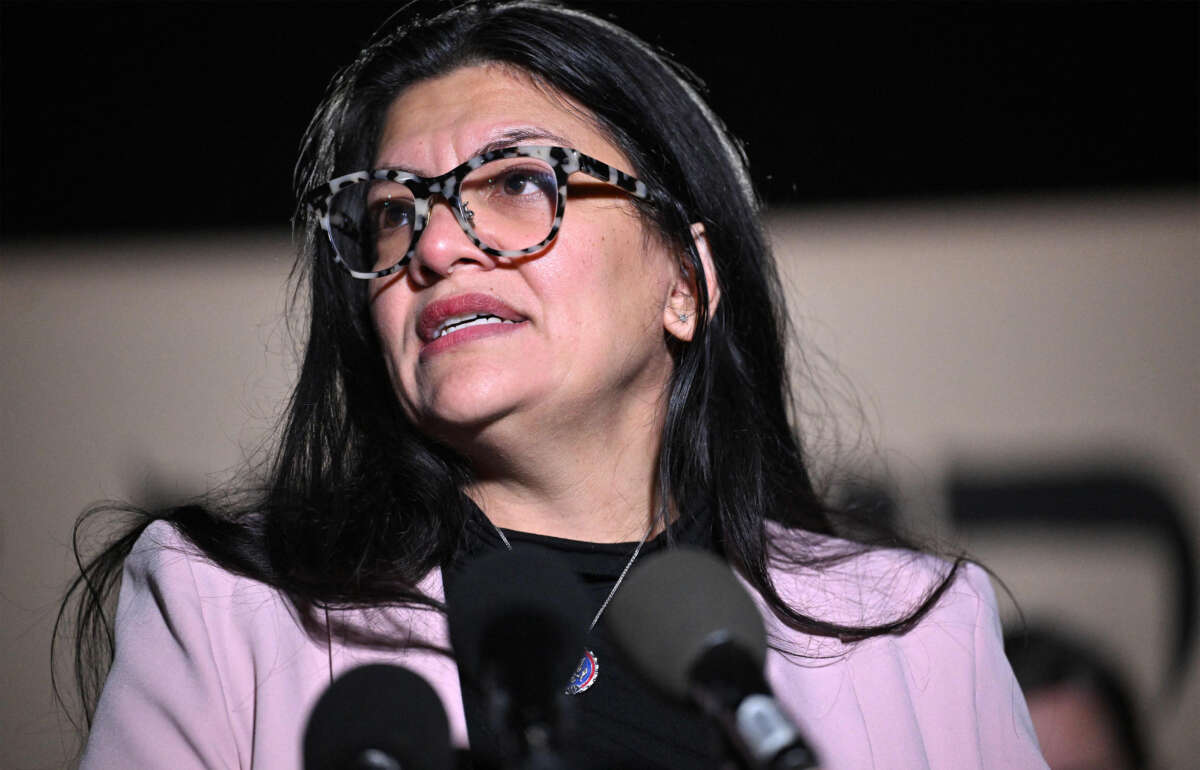

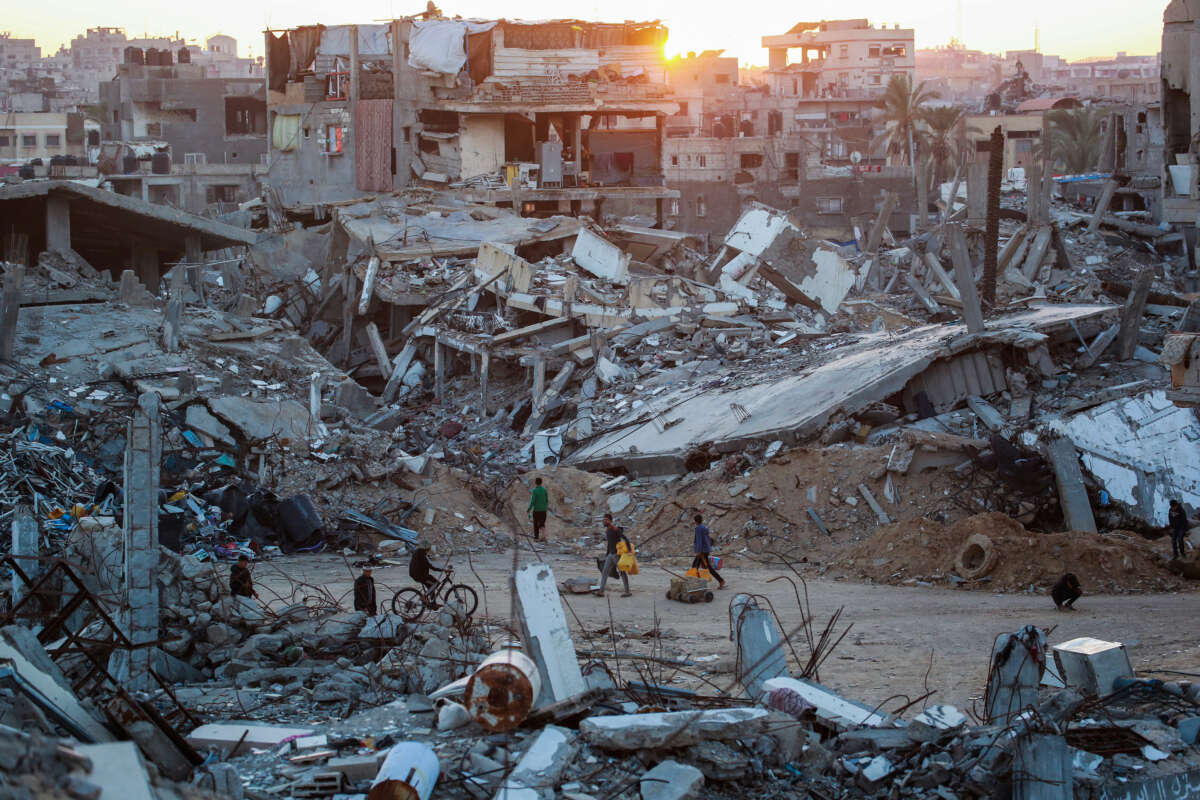


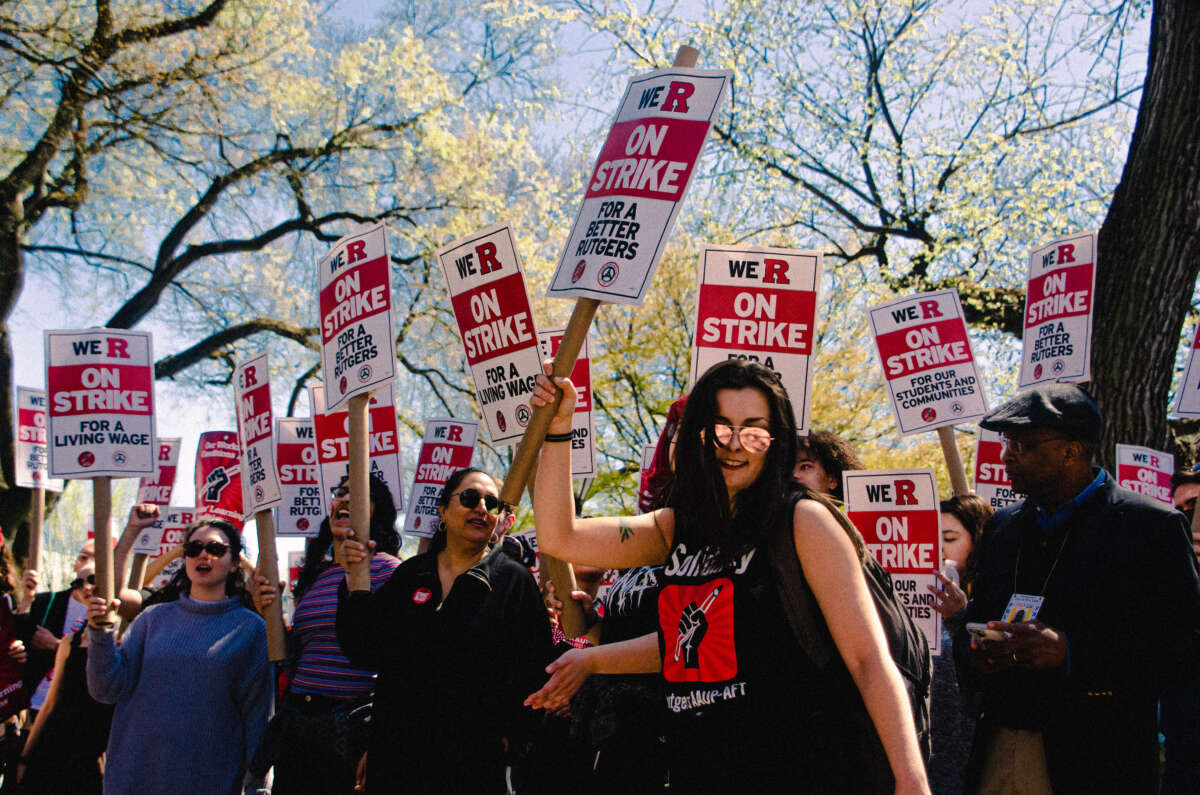
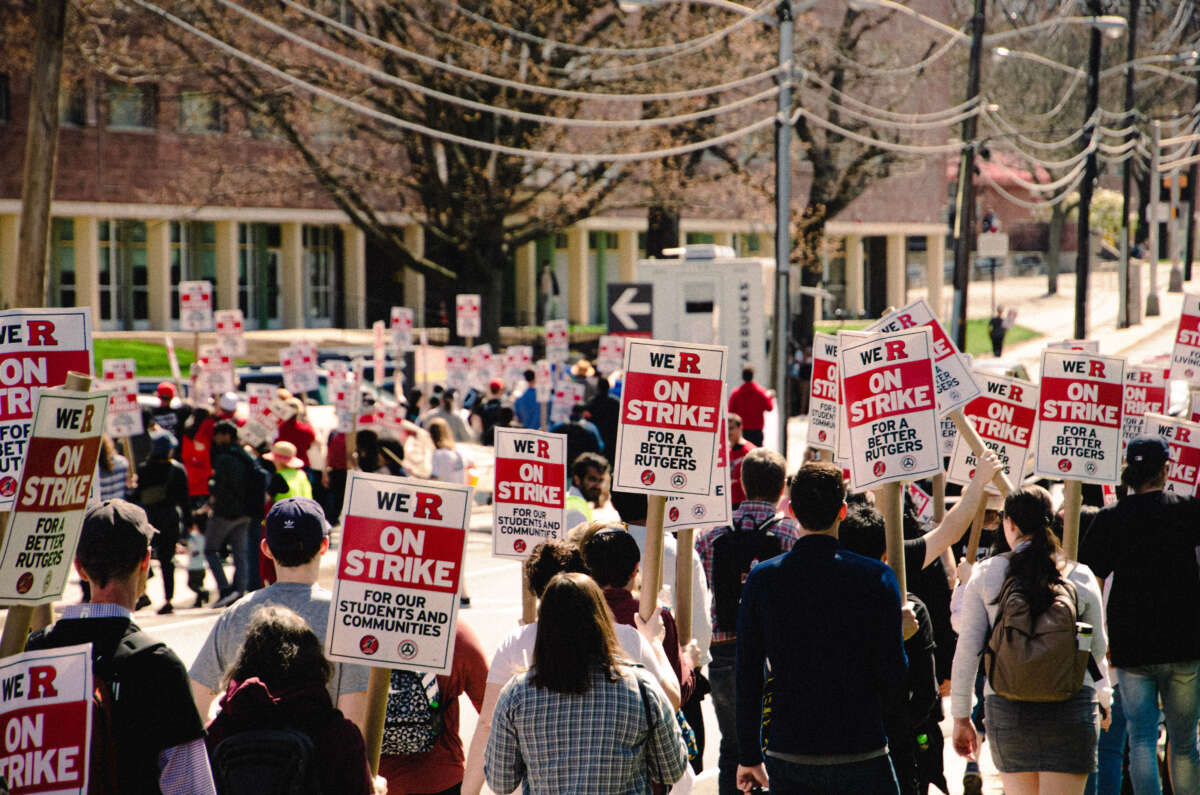
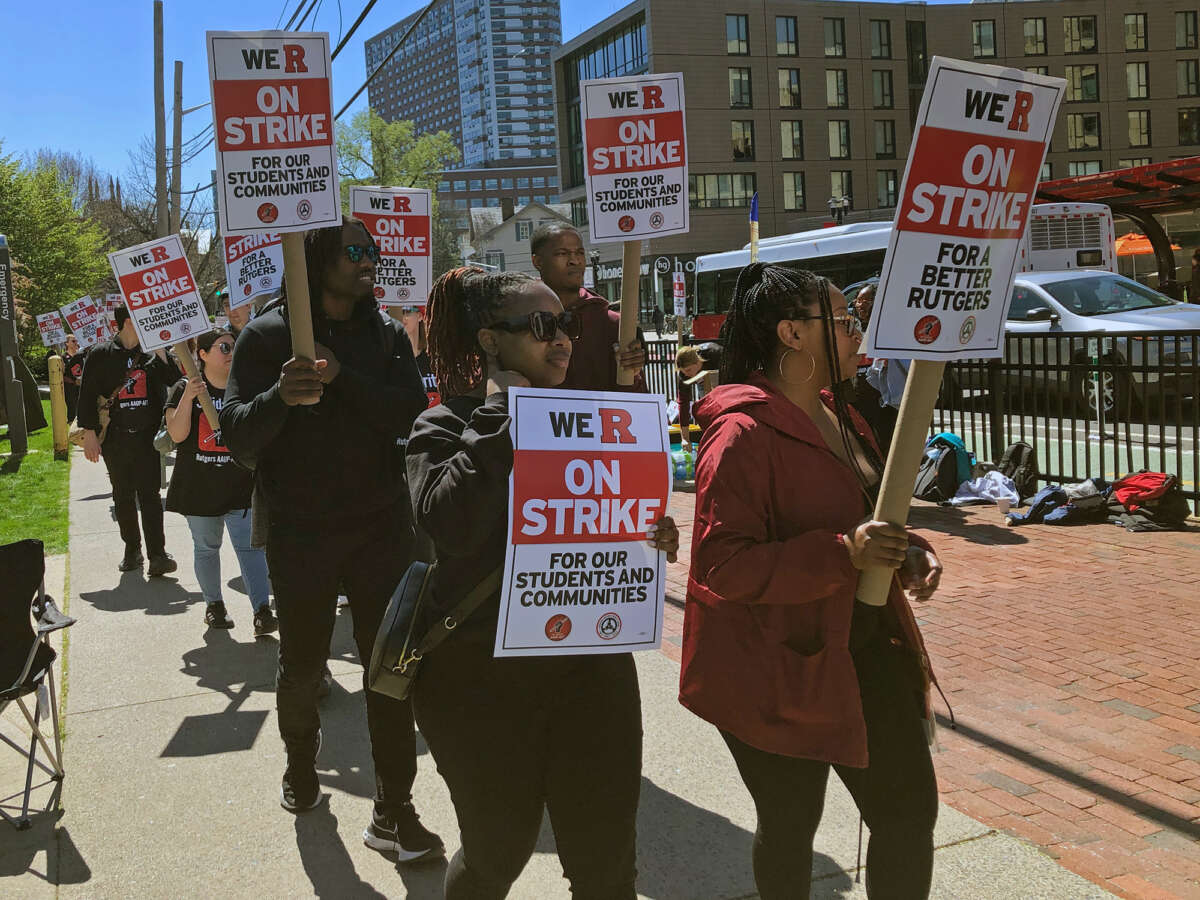

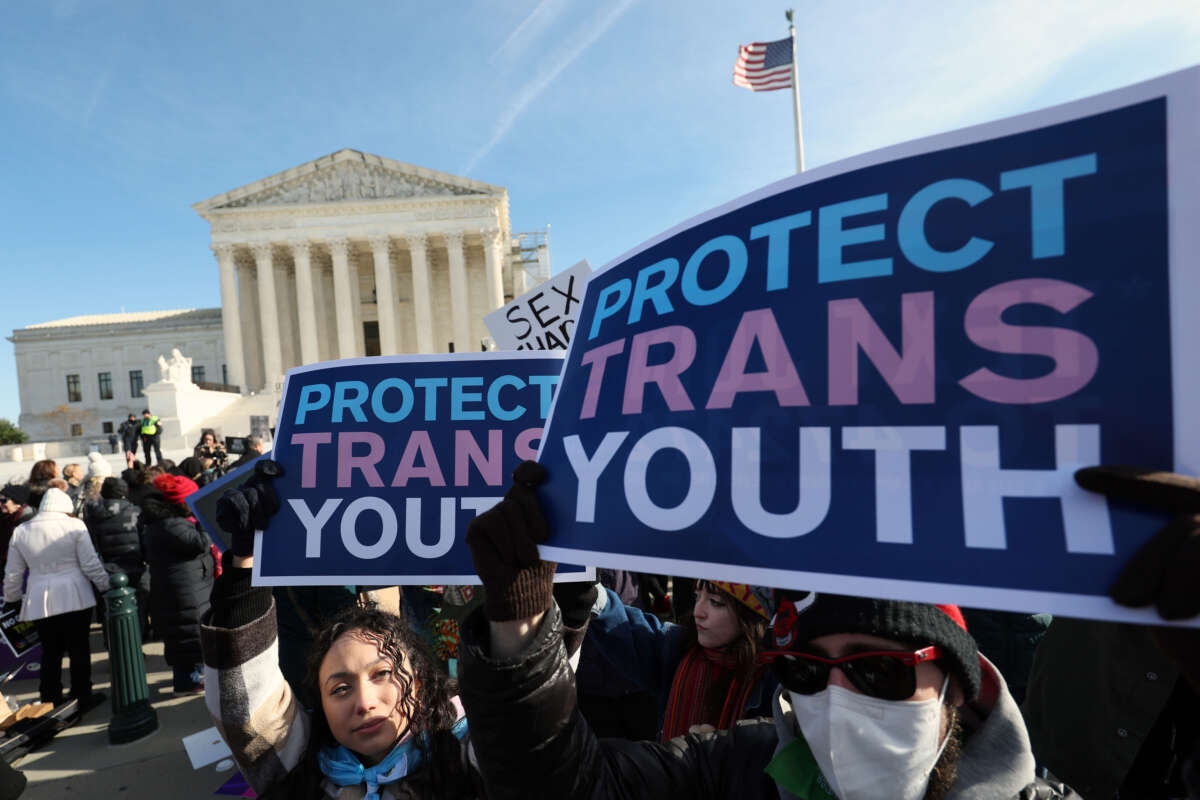


.jpg)



